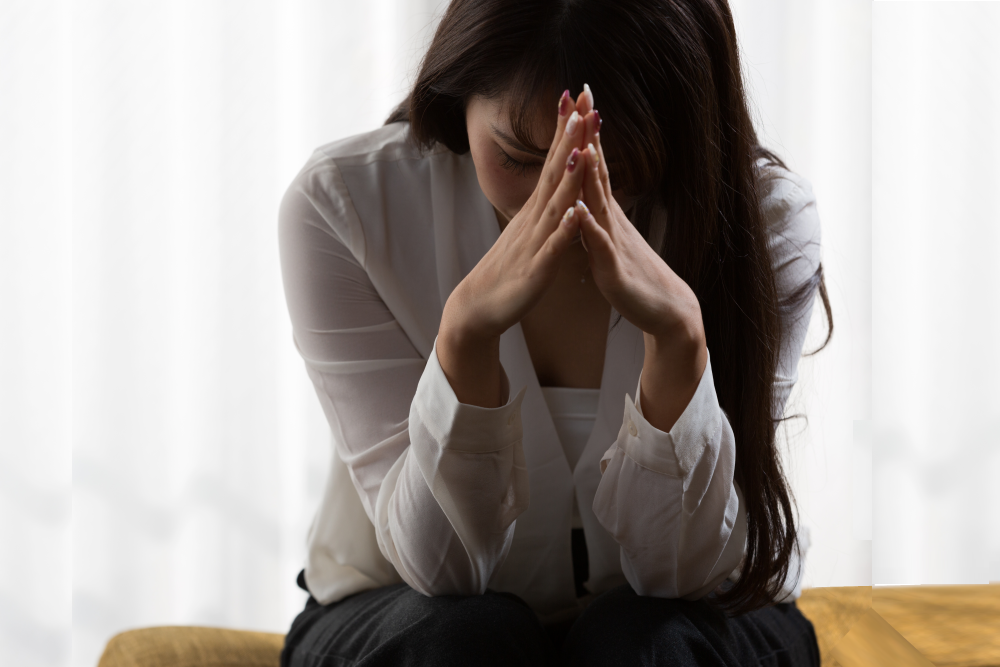
kei907/Shutterstock
.
The spike in new COVID-19 cases here in the U.S. has some people on edge. The truth is that the majority of Americans do not have coronavirus, but with all the precautions we have to take some people are falling victim to other serious health concerns. Mental health is a worry that many of us are facing, some for the first time.
Different factors play a role in how a person processes what is happening due to the pandemic. Minimal to no interaction with family and friends can lead to feelings of isolation and depression. Fear of the spread of the virus can lead to anxiety, and people who already suffer from mental illness can see symptoms intensify.
To help cope with the stress of the pandemic and encourage people to be aware of their mental health the CDC posted some tips on their website. At work we have a 10-minute group meditation every Thursday to clear our minds and refocus. So what are young people with disabilities doing when they feel overwhelmed by all that is happening?

Mikayla Enfield
Mikayla Enfield is 20 years old and lives in Torrance, California. She lives with several disabilities, including generalized anxiety, bipolar II disorder and a circulatory disorder called postural orthostatic tachycardia syndrome.
“My personal mental health has been up and down during this pandemic,” she said. “I started a new job right before the shutdowns in California in March, and there was a lot of added stress because of it. My anxiety has been very bad the past few months with panic attacks almost daily, especially with working during this time. However I am thankful to still be able to do FaceTime therapy and have that support system.”
Enfield works through her social media platforms to spread awareness about disability. She is involved in the service dog community and helps educate people about the Americans with Disabilities Act and the differences among service dogs, emotional support animals and therapy dogs.
She said some people with psychiatric disabilities may struggle with things like online schooling.
“When it comes to school, online school can be very difficult for some with psychiatric disabilities because of the lack of structure,” Enfield said. “I personally know many students with disabilities who dropped their classes when school went online because online class was too much for them to handle.”

Deandra Mouzon
Statements like this make me realize how mental health permeates all aspects of life.
As someone who has struggled with mental illness in my own life and witnessed family members struggle with it as well, I can tell you it is often an uphill battle. I am not a doctor but I can speak from experience and I will tell you this: Without a support system, you may find yourself in the thick of it over and over again. That is why I think it is so important for young people with disabilities to have someone to talk to at this time, whether it is a therapist, a family member or a trusted friend.
In some communities the topic of mental health is still taboo. You have groups of people who think that a mentally ill person is weak-minded, not praying enough or worse yet, just “crazy.” We need to stop these stigmas, and I believe COVID-19 has shown us all just how fragile mental health can be even for healthy people.
Deandra Mouzon is a Georgia-based journalist who received a B.A. in journalism from CUNY’s York College. Currently she is working on a publication about youth with disabilities.






























